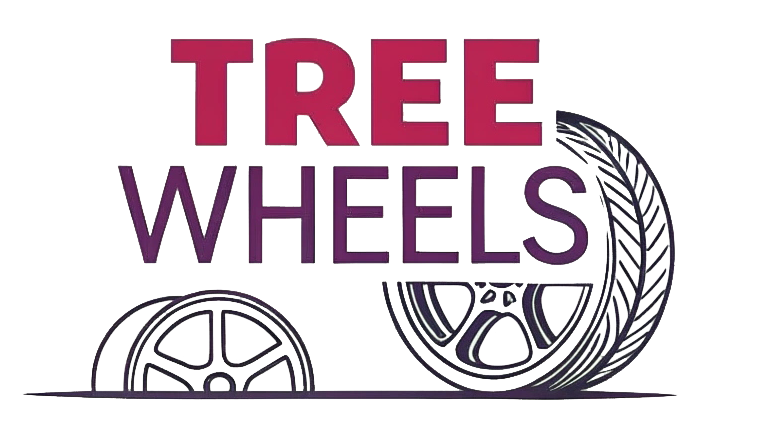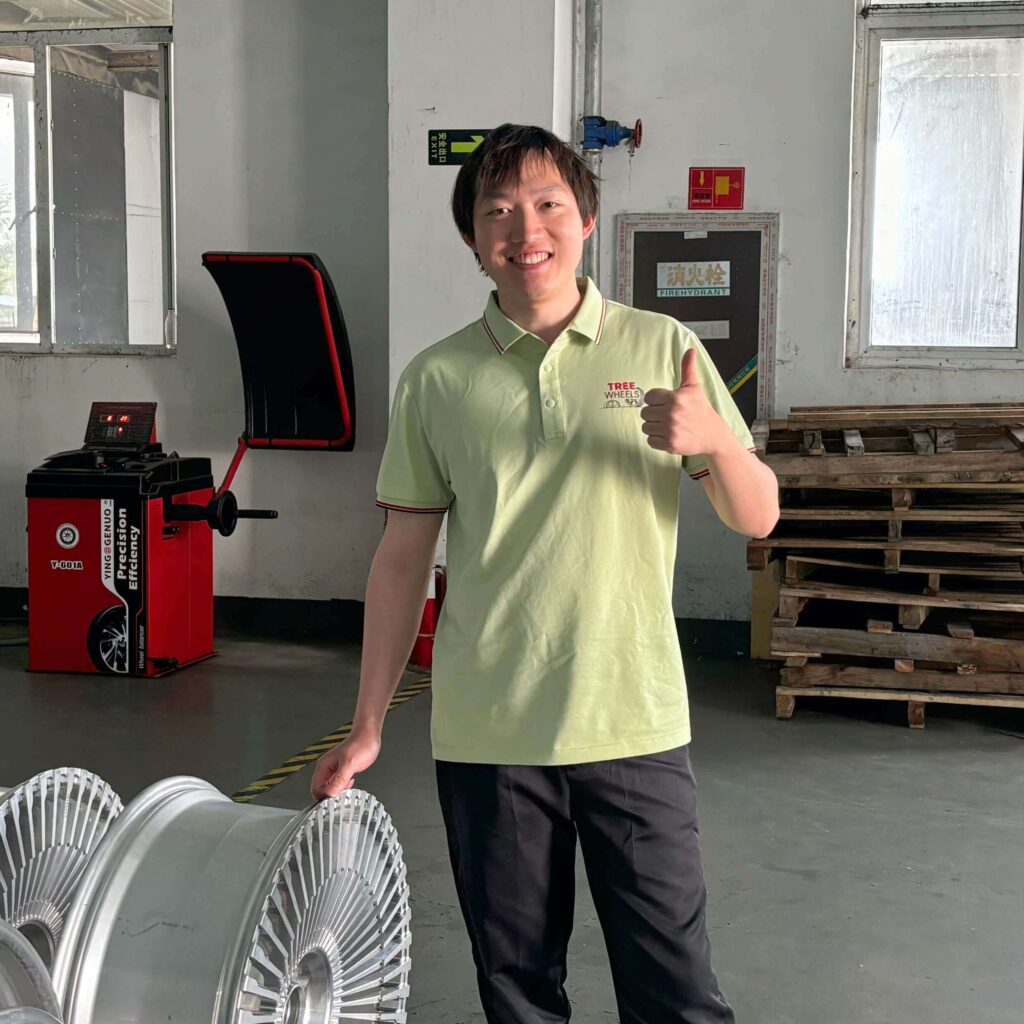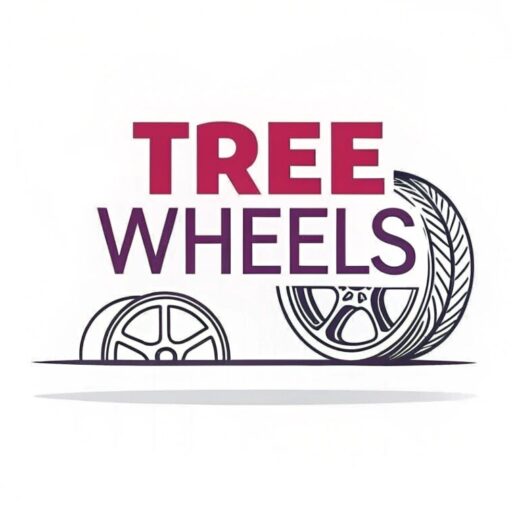I struggled to understand wheel offset when upgrading my car’s rims. It seemed confusing. Here’s how I mastered it to get the perfect fit.
Wheel offset measures the distance between the wheel’s centerline and its mounting surface. It affects fitment, handling, and style. Positive offset tucks wheels in; negative pushes them out.

Wheel offset can make or break your car’s look and performance. Keep reading to learn how it works and choose the right offset for your ride.
What Does +35 Offset Mean on Rims?
My first rim upgrade was a +35 offset. I didn’t get why it mattered. The wrong offset can ruin your car’s stance.
A +35 offset means the wheel’s mounting surface is 35mm toward the outside from the centerline. It tucks the wheel slightly inward, ideal for balanced handling and clearance.

Why +35 Is Common
A +35 offset is popular for factory-style fitment. It keeps wheels within fenders, avoiding rubbing. I used +35 on my sedan, and it handled smoothly with no issues.
Fitment Considerations
| Vehicle Type | +35 Offset Suitability |
|---|---|
| Sedans | Excellent |
| SUVs | Good |
| Sports Cars | Moderate |
My Experience
I chose +35 for my car after checking with my dealer. It gave a clean look without sacrificing clearance. Always measure your car’s specs before deciding.
Practical Tips
Check fender clearance and suspension setup. My friend’s +35 rims rubbed slightly until he adjusted his coilovers. A +35 offset works best with standard or mildly lowered setups.
What Does a +40 Offset Mean?
I wondered if +40 offset would make my wheels look too tucked. Would it affect performance? I dug into the details.
A +40 offset means the mounting surface is 40mm outward from the centerline. It positions the wheel further inward, improving stability but limiting aggressive stances.

Stability vs. Style
A +40 offset enhances handling by keeping wheels closer to the suspension. I noticed better cornering with +40 rims, but the stance was less bold than I wanted.
Comparing Offsets
| Offset | Wheel Position | Handling Impact |
|---|---|---|
| +40 | More Inward | Stable |
| +35 | Slightly Inward | Balanced |
When to Choose +40
It’s great for SUVs or trucks needing clearance. My cousin’s truck used +40, avoiding fender rub. For sports cars, it may feel too conservative.
My Lesson
I tried +40 but switched to +35 for a bolder look. Always test-fit rims. Ask your dealer for your car’s ideal offset to avoid guesswork.
Does Higher Offset Stick Out More?
I assumed higher offset meant wheels stuck out more. I was wrong. This mistake almost cost me a bad fitment.
Higher offset (e.g., +40 vs. +20) tucks wheels inward, not outward. Lower or negative offsets make wheels stick out more for a wider stance.

Understanding Wheel Position
Higher positive offset pulls wheels closer to the car’s body. Negative offset pushes them out. I learned this when my +20 rims looked aggressive compared to +40.
Visual Impact
| Offset Type | Stance Look |
|---|---|
| High (+40) | Tucked, OEM Style |
| Low (+20) | Flush, Sporty |
| Negative | Wide, Aggressive |
My Story
I saw a car with negative offset at a show. It looked amazing but scraped everywhere. Higher offsets are safer for daily driving, I realized.
Choosing Wisely
For daily drivers, stick to higher offsets like +35 or +40. If you want a show car, lower offsets work but require suspension tweaks.
What Does 45 Offset Mean?
I considered +45 for my new rims. Would it be too tucked? I researched to ensure it fit my car’s vibe.
A +45 offset means the mounting surface is 45mm outward from the centerline. It tucks wheels deeply inward, prioritizing clearance and stability over aggressive style.

Best Use Cases
A +45 offset suits larger vehicles like SUVs or vans. It maximizes fender clearance. My friend’s van used +45, and it never rubbed, even fully loaded.
Pros and Cons
| Aspect | +45 Offset |
|---|---|
| Clearance | Excellent |
| Style | Conservative |
| Handling | Very Stable |
My Take
I avoided +45 because my sedan needed a sportier look. For family cars, it’s perfect. Check your wheel well space before committing.
Practical Advice
Measure your car’s hub and consult your dealer. I almost bought +45 rims, but my dealer suggested +35 for better aesthetics. It was the right call.
Is a 2mm Offset a Big Difference?
I wondered if a 2mm offset change was worth the hassle. Could it really affect my car? I tested it.
A 2mm offset difference is minor and rarely impacts performance or fitment. It’s barely noticeable visually but may affect precise suspension setups or extreme builds.

When 2mm Matters
For most cars, 2mm is negligible. I swapped +35 for +37 rims, and nothing changed. But in lowered cars, 2mm can cause rubbing if clearance is tight.
Impact Breakdown
| Factor | 2mm Difference Impact |
|---|---|
| Visual | Minimal |
| Handling | Negligible |
| Clearance | Slight |
My Experiment
I tried +33 and +35 offsets. The difference was invisible. Unless you’re building a race car, don’t stress over 2mm. Focus on bigger fitment factors.
Advice for Buyers
Ask your dealer for your car’s offset range. A 2mm shift won’t ruin your setup, but always double-check with a test fit.
Will 0 Offset Wheels Stick Out?
I saw 0 offset wheels at a car meet. They looked bold, but would they fit my car without issues?
Zero offset wheels align the mounting surface with the centerline, making wheels sit flush with the hub. They may stick out slightly, depending on rim width.

Flush Fit Explained
Zero offset creates a balanced stance. My friend’s 0 offset rims looked flush but didn’t rub. Wider rims with 0 offset can protrude slightly, so measure carefully.
Fitment Risks
| Rim Width | Stick-Out Risk |
|---|---|
| Narrow | Low |
| Wide | Moderate |
My Observation
I considered 0 offset but stuck with +35 for safety. Zero offset looks great but needs proper wheel width and suspension setup to avoid rubbing.
Practical Tips
Check your car’s fender clearance. I recommend 0 offset for enthusiasts wanting a flush look, but consult your dealer to confirm compatibility.
Conclusion
Wheel offset shapes your car’s style and performance. Choose wisely based on fitment and goals. Tree Wheels crafts custom forged wheels with perfect offsets.



